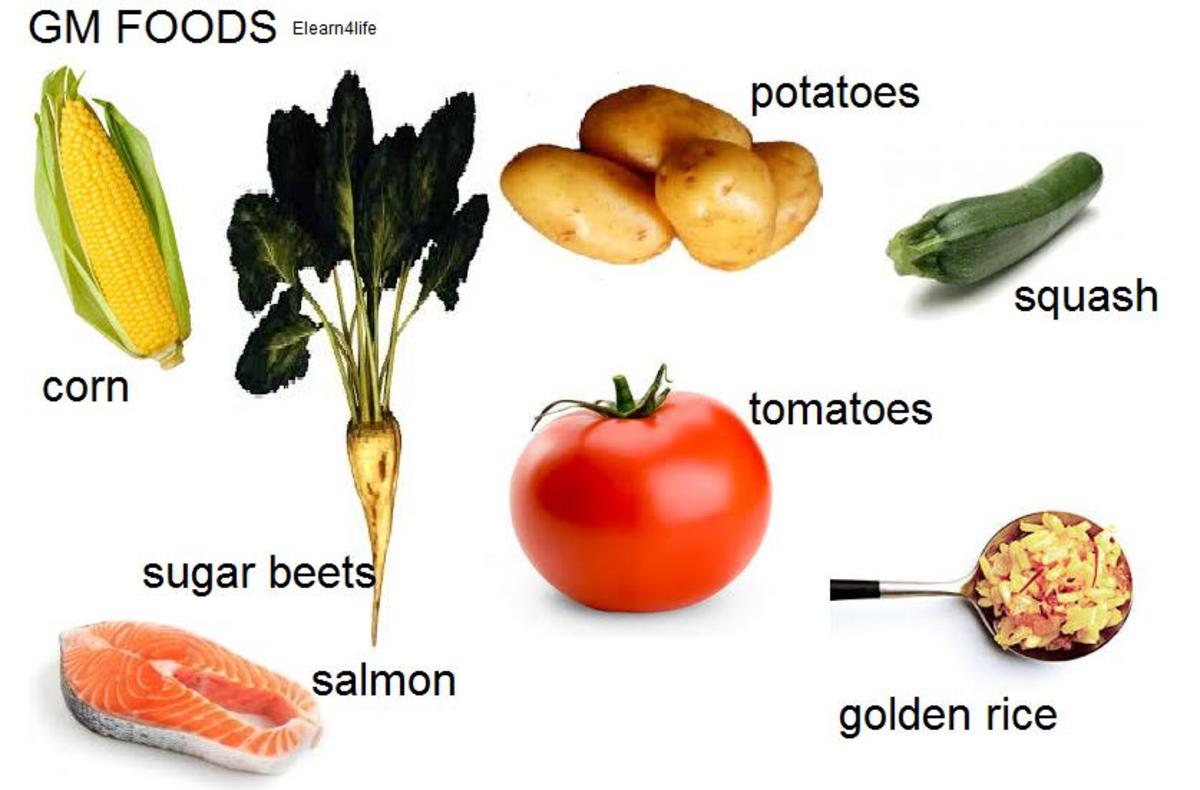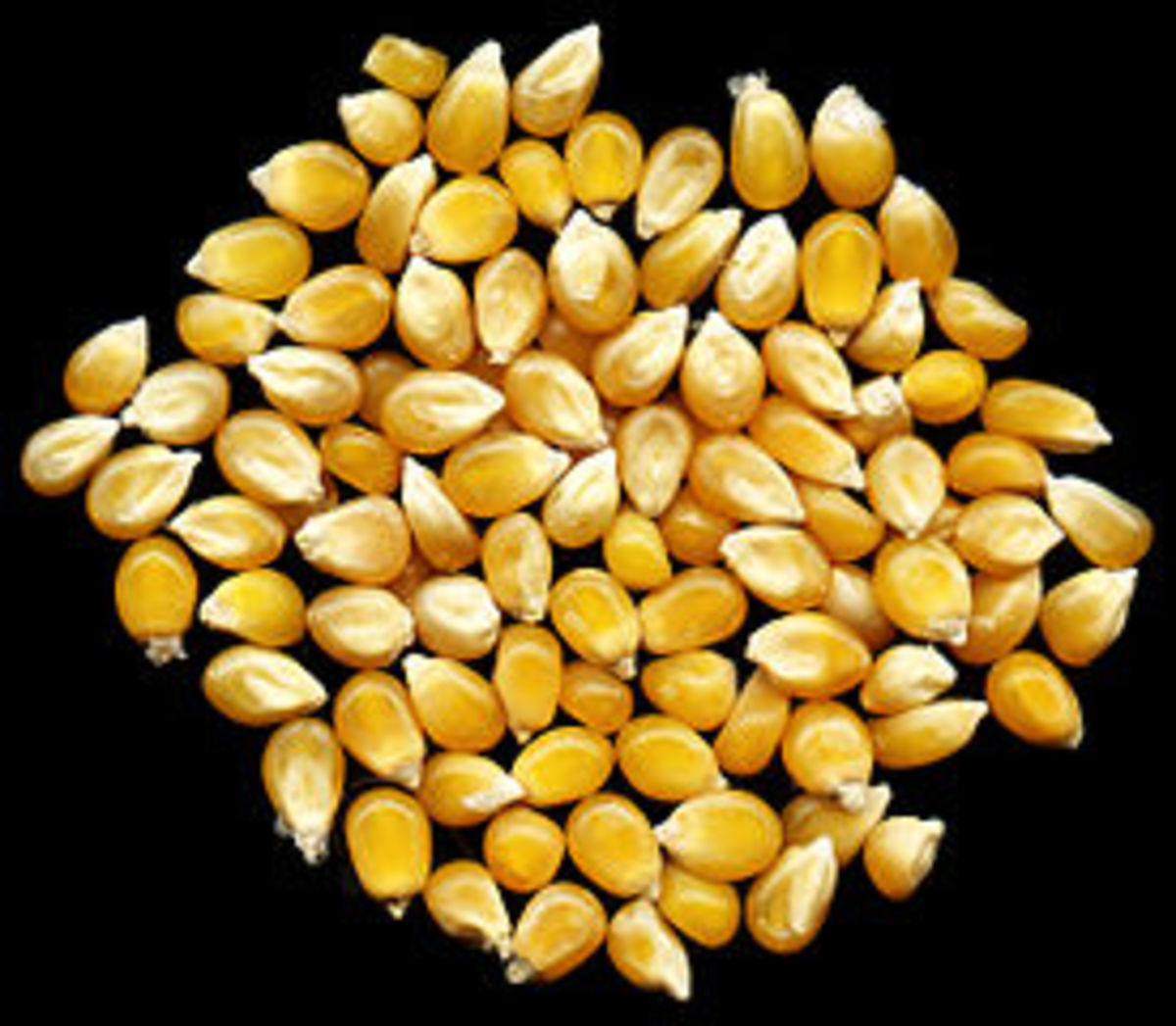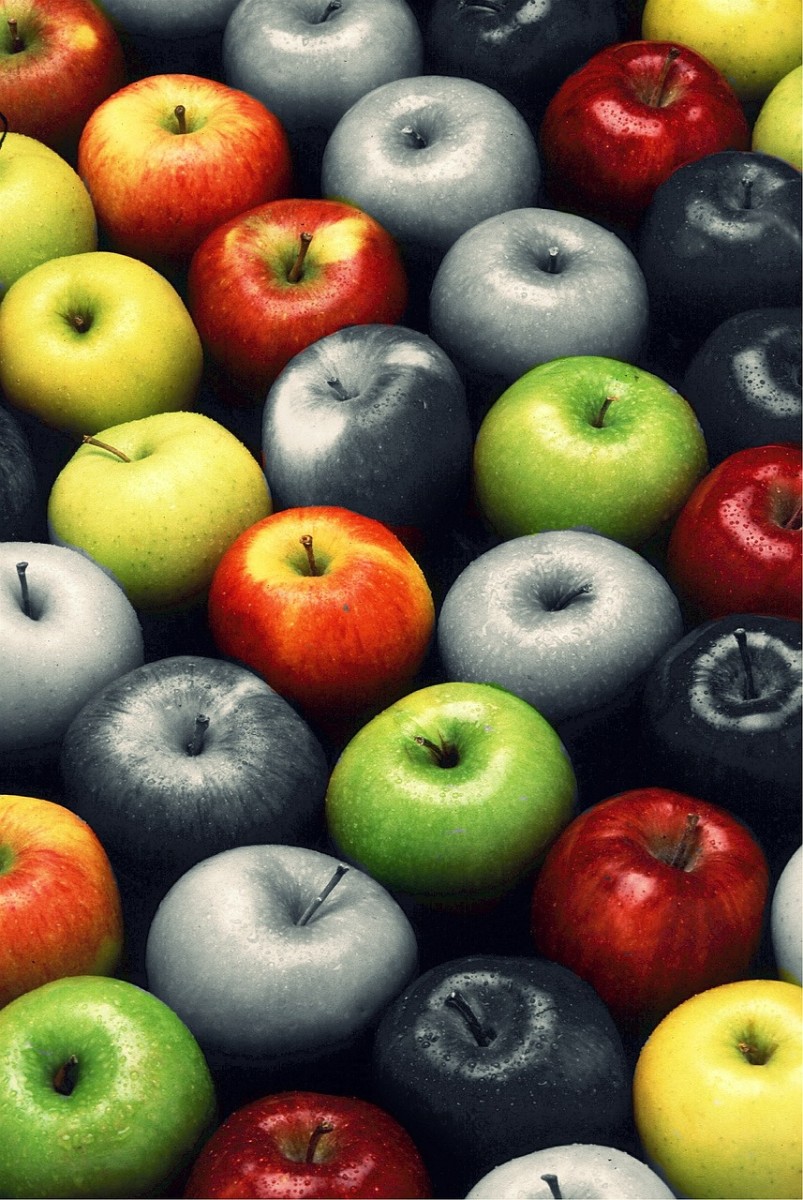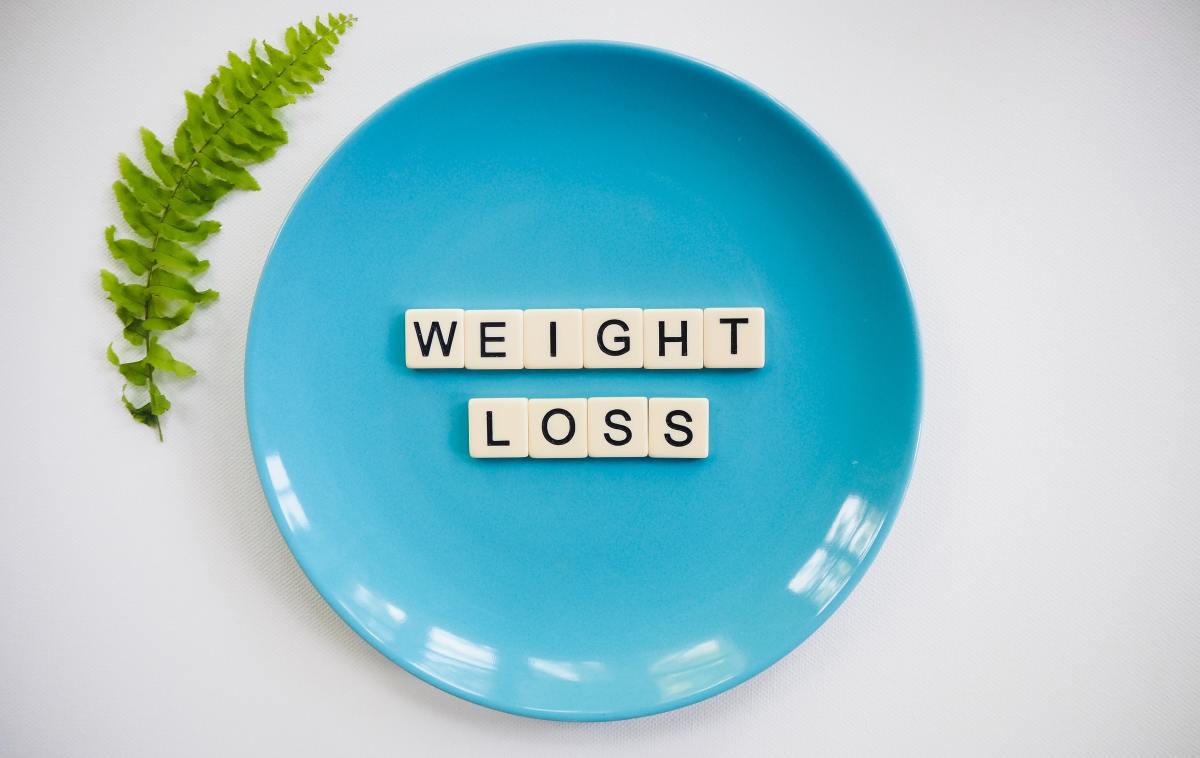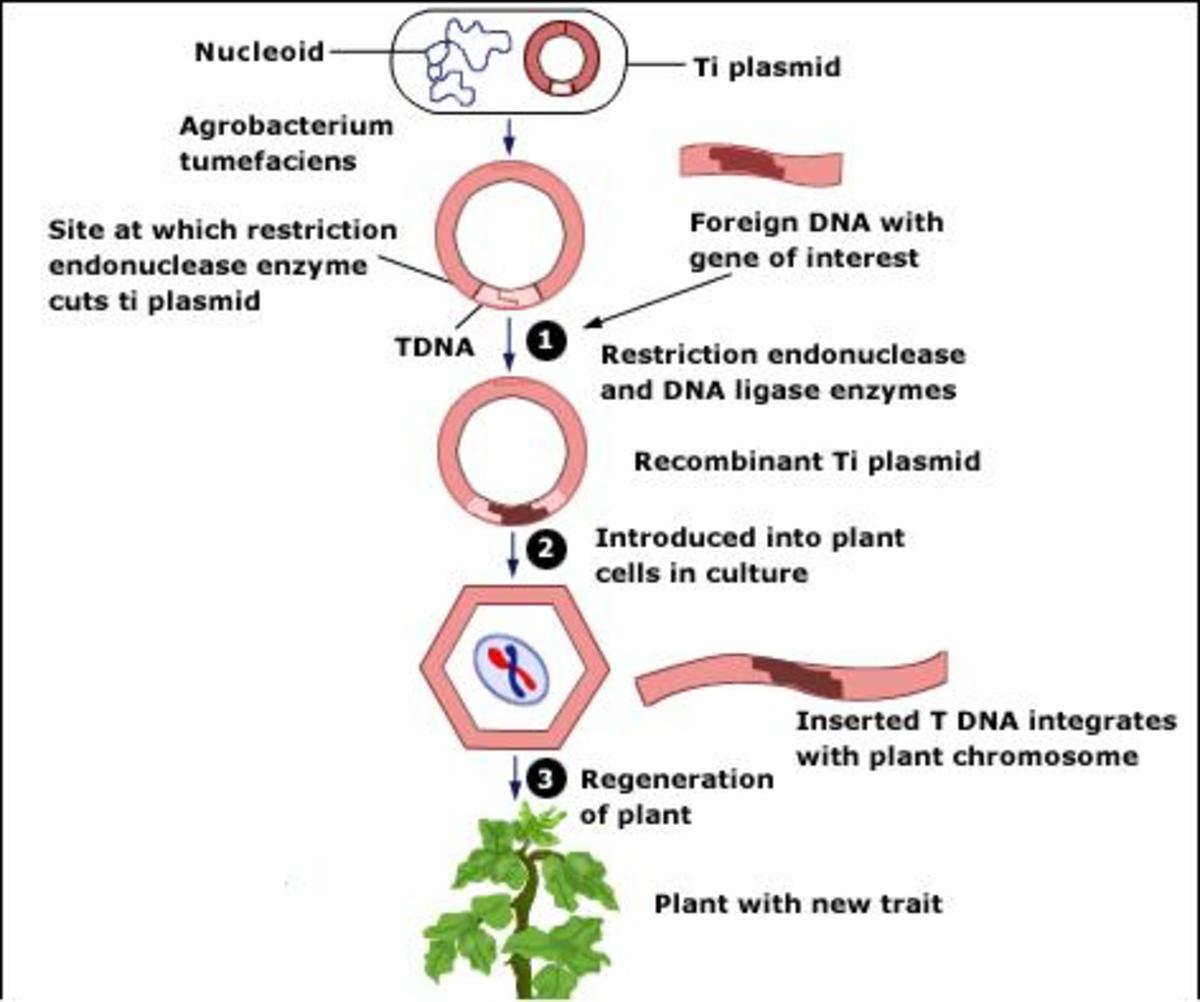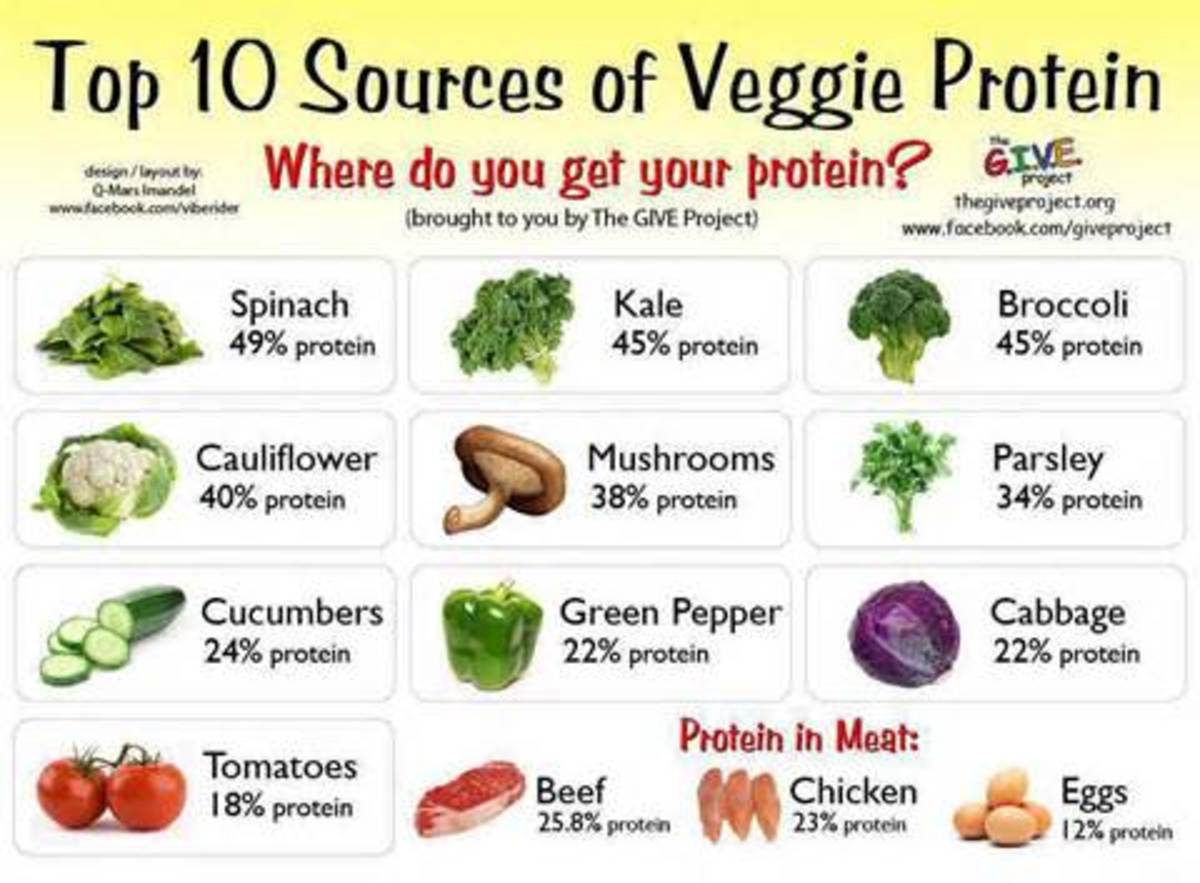Is Soy Healthy?
There is certainly no shortage of controversies in the topic of nutrition. And soy is one of them. Some say soy is beneficial for some of its anti-cancer properties. Others say soy is harmful because they are hormone-disruptors.
Like any debate, there is some truth to both sides. But to keep you from suspense and from having to scroll all the way to the bottom, here is a quick summary.
Soy is fine in moderation when consumed in the form of whole foods and/or when they are fermented and if you do not have a food sensitivity to them. Otherwise, avoid processed soy and soy products such as soybean oil, soy dogs, artificial meats made with soy, and processed foods containing soy or soy isoflavones.
Some of the benefits of fermented whole food soy is that it may be protective against certain hormonal-based cancers. Soy can also be a source of plant-based proteins.
If you do not like soy, it is not essential that you consume it. You can use beans for another source of plant-based proteins. For quality protein, you can have animal based proteins such as fish, pastured-raised meats, free-range chickens, and eggs. For anti-cancer properties, you consume cruciferous green vegetables, mushrooms, garlic, and onions.
Which Soy Foods are Okay?
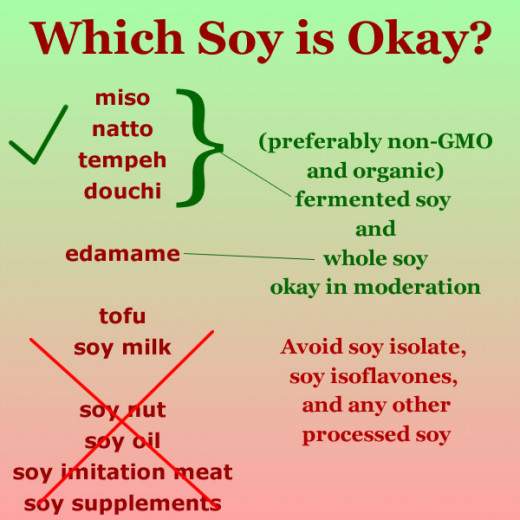
Soy is Not Healthy
Article from Linus Pauling Institute explains that ...
"Soy isoflavones are known to have weak estrogenic or hormone-like activity"
The effect of moderate soy may be weak in adults, but they can be quite potent to babies. Do not feed soy or soy milk to babies.
Scientific American writes that based on animals studies, it appears that ...
"consuming large amounts could have harmful effects on female fertility and reproductive development."
Most Soy are Genetically Modified
Soy, along with corn and wheat, are among the most genetically modified foods (also known as GMO's). About 90% of the soy grown domestically is genetically modified.
The long-term effect of genetically modified organisms on humans and the environment is unknown since it has not be well tested. Watch the documentary The Future of Food if you want to know the dangers of genetically modified organisms.
If you rather not consume genetically modified soy, get organic soy. Organic means the prohibition of use of genetically modified organisms (GMO's).
Dr. Josh Axe has a good video below on what soy to eat and not eat. He mentions that many soy is genetically modified and those are the ones to be avoided. Soy can also decrease testosterone. He says that the fermented soy natto has much good benefit.
Increase in Soy Products
If soy is so bad, why are so much soy being consumed? Soy food sales in the United States has skyrocketed from $300 million in 1992 to $4 billion in 2008. A quarter of the all infant formula contain soy. They are making soy hamburgers and soy hot dogs instead of using real meat.
Is there some hype about some benefits of soy products? Are there any benefits to soy.
Part of the reason is that people are trying to avoid red meat and are eating soy burgers instead. Red meat and cancer is another hot issue in nutrition which you can learn about at another time. The truth is that they should be making hamburgers from pasture-raised meats instead of from soy.
If you are going to eat hamburgers, the ideal is using pasture-raised meats cooked at home using coconut oil -- not vegetable oil. Although there are some restaurants that sells pasture-raised hamburgers, they are few and hard to find. In such case, I would rather eat conventional hamburgers from commercially raised meats rather than soy burgers.
One of top 100 reasons to avoid processed foods (as mentioned in the book The Happiness Diet) is because of the soy in processed foods.
The book writes ...
"Most processed foods contain at least one -- if not several -- soy-derived ingredient. While considered to be healthy, consumption of soy products is associated with cognitive decline and brain atrophy."
Avoid soy imitation meats
Some people may think that imitation meats made from soy is healthy. But if they knew what goes on behind the scenes in order to make them, they would not think so.
The book Primal Body, Primal Mind has a whole chapter about the problems of soy. Here it gives us a brief description of how some imitation meats are made ...
"Soy protein isolate, the main ingredient in most imitation meat and dairy products, goes through rigorous processing to remove inherent antinutrients. Soybeans are first mixed with an alkaline solution to eliminate fiber, then separated using an acid wash, and finally neutralized in an alkaline solution. The precipitated curd is spray-dried at high temperatures to produce a high-protein powder. To make texturized vegetable protein, this product is further extruded under high temperature and high pressure, creating carcinogenic nitrates from the denaturation of the original protein structure. Often, flavorings containing MSG, a powerful neurotoxin, are added under the guise of "natural flavors." [page 52]
Keep in mind that not all imitation meats are made this way. Some will use much more healthful techniques. But nevertheless, don't be persuaded by the marketing hype of imitation soy meats.
Dr. Weil on Soy
Dr. Andrew Weil says in the video on the right that he would avoid products made from fractionated elements of soy.
Such products would have ingredients such as soy isolate, or isolated soy protein, or soy isoflavones added to them.
They also include soy supplements and fake meats, and soybean oils which are to be avoided.
Some Benefits of Soy
However, he does say that soy products in their whole food form is fine in moderation. By whole food form he means edamame, soy nuts, soymilk, tofu, and tempeh.
Miso is fermented paste made from rice, barley, and/or soybeans. Natto is fermented soybean typically eaten with rice. Tempeh is fermented soybean pressed into a cake form.
He says that epidemiological studies show that Asian countries with greater soy consumption has longer and healthier lives and less rate of hormonally driven cancers.
He feels that this lower rates of breast and prostate cancers are due to soy consumption in their whole food form.
For people who want to decrease their consumption of animal proteins, soy in their whole food form is a good source of plant protein.
Dr. Mercola on Soy
Dr. Mercola on Soy
Dr. Mercola recommends only the fermented forms of soy: miso, natto, and tempeh.
Tofu is not fermented and hence should be avoided as well.
Avoid soymilk. Most of all, he says to not give infants any soy infant formula. The ideal is breast milk. But if that is not possible, conventional formula is still better than soy infant formula.
On his site, he writes that ...
"Infants fed soy formula take in an estimated five birth control pills’ worth of estrogen every day."
The Safe Soy
It is true that in Asia, soy have been consumed for thousands of years without problem. This is because they consume soy in fermented and unprocessed forms such as in tempeh, miso, and natto. This is fine in moderation.
The book Primal Body, Primal Mind writes ...
"The only cmparatively "safe" soy includes its fermented forms of miso, natto, and tempeh (only organic and non-GMO, please)." [page 53]
The fermentation process neutralizes the trypsin inhibitors and the phytic acid.
Chris Kresser writes that the ...
"fermentation process partially neutralizes the toxins in soybeans" [reference]
while ...
"There’s also substantial evidence that soy, in its processed form (i.e. soy milk, soy protein isolate, etc.) is an endocrine disruptor and anti-nutrient and is best avoided."[reference]
According to the book Primal Body, Primal Mind, fermentation does not neutralize the goitrogens or thyroid inhibitors. That is why they should still be consumed in moderation. Yet in Dr. Mercola's above video, he says that the fermentation does neutralize the goitrogens. So now you see why soy is so controversial.
But what all of them agree on is that if you consume the fermented miso, natto, and tempeh in moderation, it would be fine.
The Microbiome Diet writes ...
"Besides being genetically modified, soy is another potentially reactive food for many people with leaky gut. ... The only form of soy that is healthy for humans is fermented soy, as is found in miso and tofu; soy isolate protein is very difficult for humans to digest. ... Although the soy industry did a great advertising job promoting soy as healthy food, I believe just the opposite is true."
What About Tofu and Soy Milk?
You saw that Dr. Andrew Weil is fine with tofu and soymilk. However, Dr. Mercola is not, and recommends only fermented soy. Tofu and soymilk are not fermented products.
Tofu is a processed food and hence is not that great. Tofu to soybeans is like processed deli meats to steak meats.
Douchi (fermented black soy beans), tempeh, miso are good. But soybean oil, soy nuts, chips, and other processed soy snacks are not.
As for edamame (whole soybeans), it is okay as an occasional snack.
Soy milk is NOT a health food as advertisers want us to believe. Although every once in a while would be fine.
As for soy sauce, the amount that one would use is of such a small quantity that it probably would not matter. However, the high quality soy sauce known as tamari is made via a fermentation process. So that is perfectly fine.
More about Soy
AskTheLowCarbExperts.com has episode 22 "The Truth About Soy" with guest Dr. Kaayla Daniel which is a good one to listen to. She says that is is possible for some extremely sensitive people to get soy from the animals that they eat if the animals themselves were fed a soy-based diet. This is another case to go with pastured raised meats.
Dr. Kaayla Daniel is the author of the book The Whole Soy Story. Soy lecithin is used in processed foods as an emulsifier to keep water and fats from separating. On page 113 of her book, she writes ...
"Soybean lecithin comes from the sludge left after crude soy oil goes through a "degumming" process. It is a waste product containing residues of solvents and pesticides" [page 113]
Now that box of snacks that has the word "soy lecithin" in its ingredients doesn't sound so appealing does it.
On page 102-103 of the book Digestive Health with Real Food give six reasons to skip soy ...
- high concentration of goitrogens (interferes with thyroid function)
- processed soy products can be contaminated with aluminum
- contains anti-nutrients that inhibits the absorption of other nutrients
- soy is an "incomplete protein" source
- phytoestrogens in soy can disrupt hormones
- Some soy products are highly processed
Soy not even fit for pigglets
On page 131 to 132 of The Mood Cure, it writes ...
"The soy industry has a very helpful Web site aimed at the piglet farmer. On it is a warning about the amount of soy feed that has been found to be safe for piglets: 1 percent. Next to this warning is a ghastly photograph of a baby pig's damaged intestine, as evidence of the harm that can befall overly soyed swine."
Note:
Article was written in September 2012 and is only opinion of the author at the time of writing. Author is not a medical professional and opinions may change as new scientific information comes to light.




